Pablo Martínez Olmos
Regularizing Transformers With Deep Probabilistic Layers
Aug 23, 2021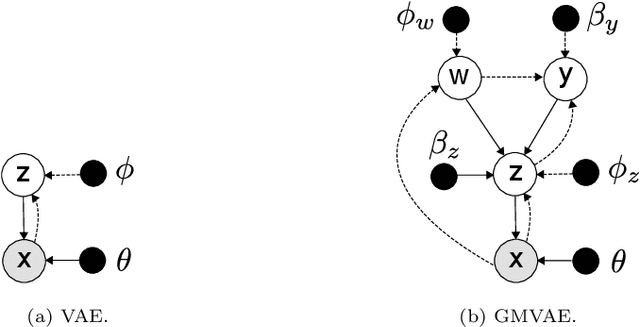
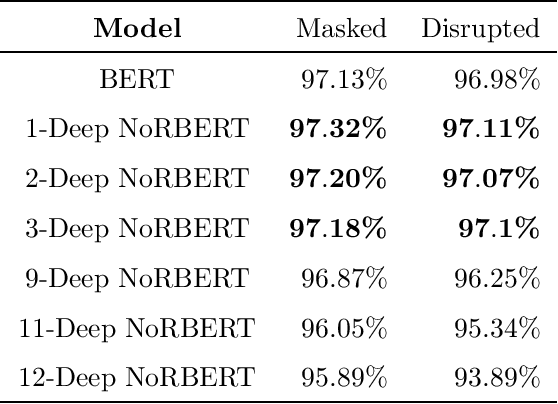
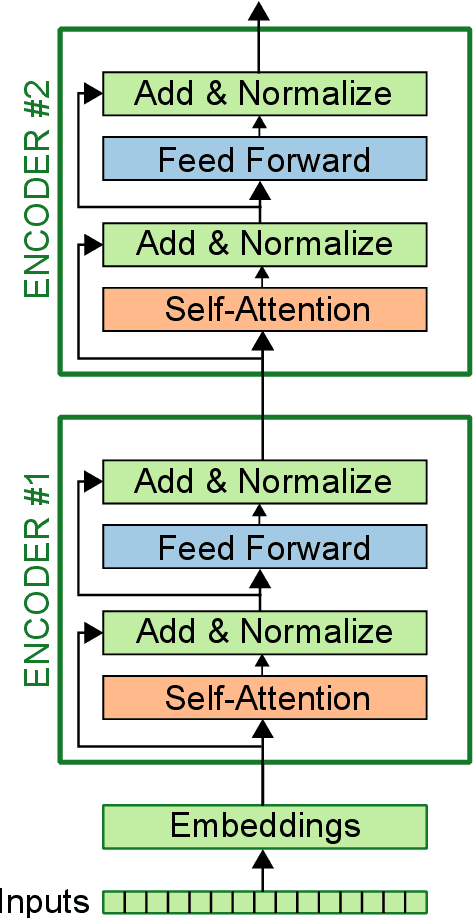
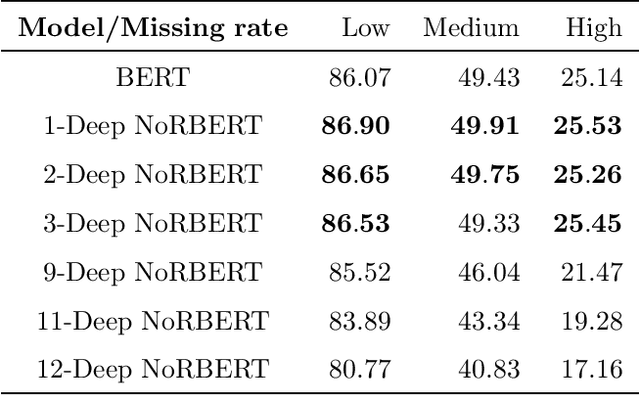
Abstract:Language models (LM) have grown with non-stop in the last decade, from sequence-to-sequence architectures to the state-of-the-art and utter attention-based Transformers. In this work, we demonstrate how the inclusion of deep generative models within BERT can bring more versatile models, able to impute missing/noisy words with richer text or even improve BLEU score. More precisely, we use a Gaussian Mixture Variational Autoencoder (GMVAE) as a regularizer layer and prove its effectiveness not only in Transformers but also in the most relevant encoder-decoder based LM, seq2seq with and without attention.
Robust Sampling in Deep Learning
Jun 05, 2020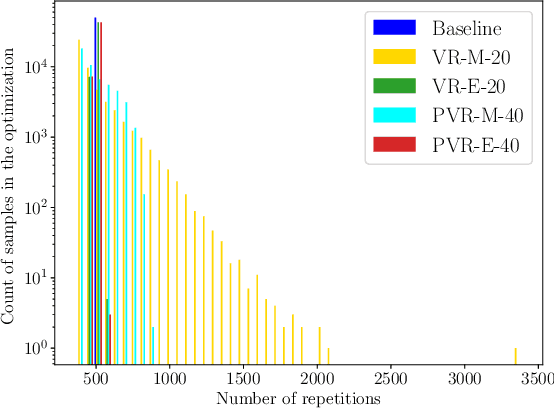
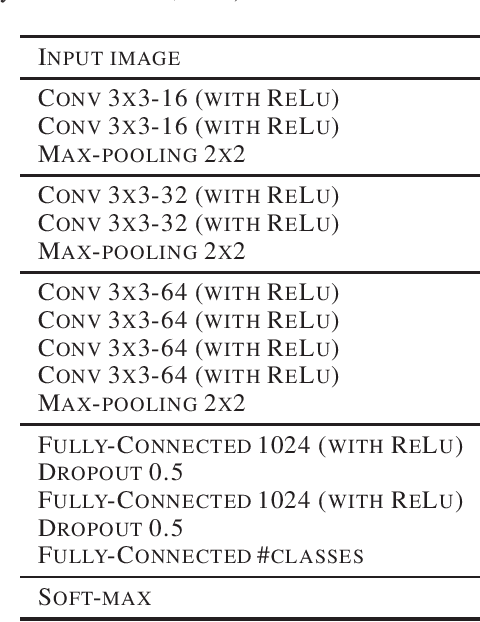
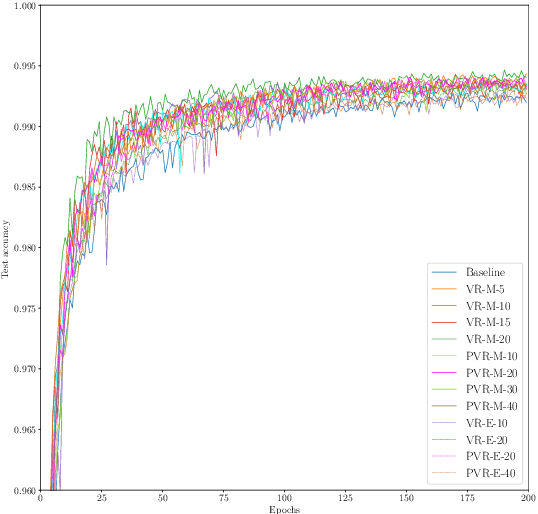
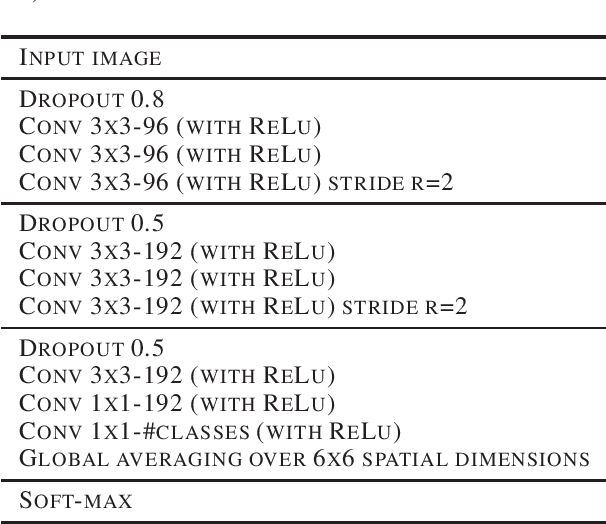
Abstract:Deep learning requires regularization mechanisms to reduce overfitting and improve generalization. We address this problem by a new regularization method based on distributional robust optimization. The key idea is to modify the contribution from each sample for tightening the empirical risk bound. During the stochastic training, the selection of samples is done according to their accuracy in such a way that the worst performed samples are the ones that contribute the most in the optimization. We study different scenarios and show the ones where it can make the convergence faster or increase the accuracy.
 Add to Chrome
Add to Chrome Add to Firefox
Add to Firefox Add to Edge
Add to Edge